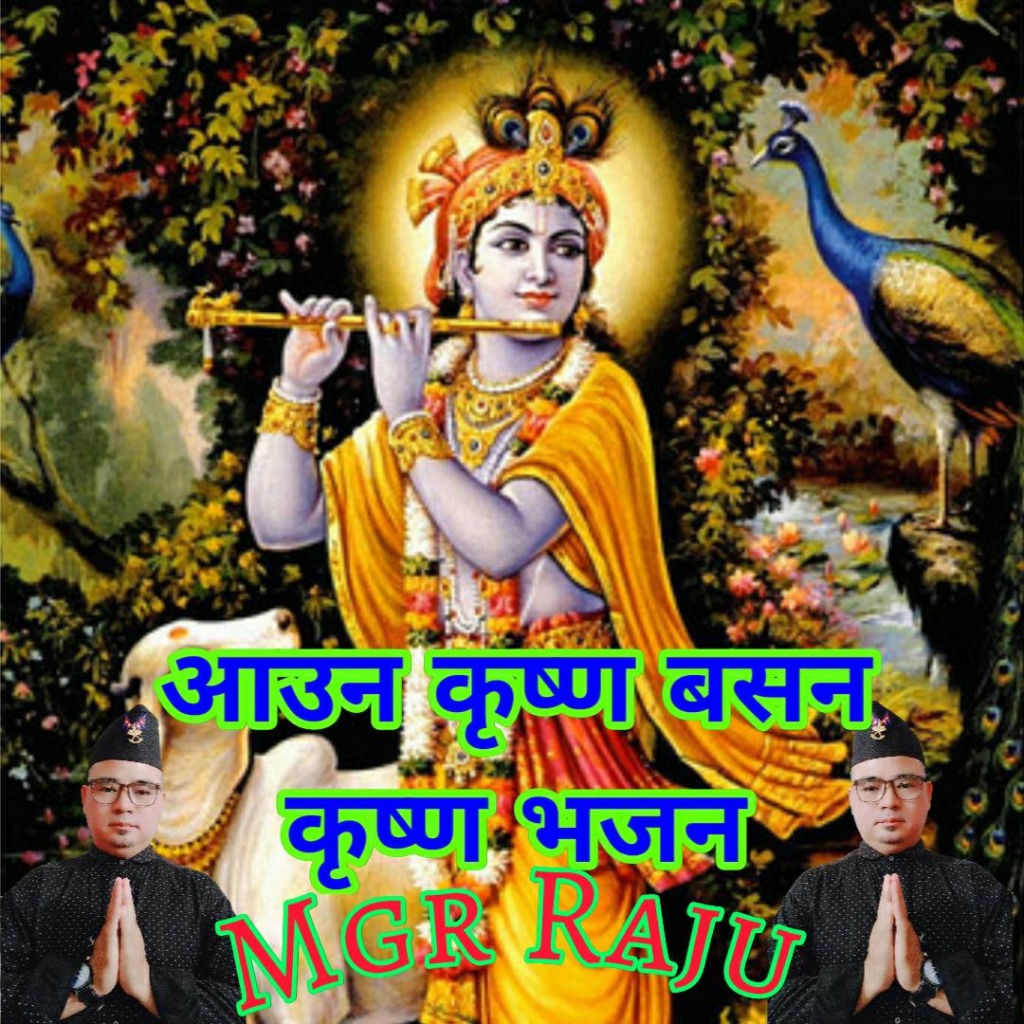

However, Karmacharya does not feel there is much risk of COVID-19 infection while they perform Phalcha Bhajan. But Dhalcha Bhajan, which can be performed in small groups of two or three people, is also rarely performed now." He said, "Phalcha Bhajan which engages more than three people in the bhajan mandal (group of bhajan performers) at paatis is certain to be affected by the pandemic as there is a gathering of many people at once. Now it unable to nominate the winner as there has been inconsistency in bhajan performances by the bhajan khalas, due to the pandemic, Shrestha informed Culture expert Purusottam Lochan Shrestha said that almost all the main temples, not only of Bhaktapur but of the entire Kathmandu Valley, have been left without the music of bhajan due to the pandemic. Take for instance the ritual of the Guthi Sansthan of Bhaktapur - it used to honour the best bhajan khala for performing bhajan in a systematic way, every year. That's because the disciplines, rules, systems, and responsibilities of different bhajan khalas have been interrupted by the pandemic, he said.

In the past they used to have a feast while performing the bhajans of Chaturmas Mela, but they are not resuming that activity this time due to the fear of infection.Įven the number of members of the Guthi taking part in the bhajan is less - "there are around 30 members in our bhajan khala, but their presence is less as compared to the past", as informed by Karmacharya.Īnd there are some bhajan guthis that have been performing short bhajans inside the temples, Shrestha added.

His Guthi had even stopped performing bhajans in August last.įor this month of Shrawan, they have added one more bhajan to their performance every Saturday evening on the occasion of Chaturmas Mela. Member Govinda Karmacharya informed that despite their Guthi having prepared more than 10 bhajans in praise of Goddess Barahi, performances of all songs every day is not possible if one is to shorten the time of singing of the bhajans. The Barahi Bhajan Guthi of Bhaktapur is one of those performing the Panch Bhajan only at present. In pre-pandemic times, there would be more songs and elaborate performances. Song in the name of Ganesha is performed in the beginning, followed by three songs of deities and temples where the bhajans are performed, concluding with the Aarati Bhajan, informed Shrestha. The bhajan khalas sing just the Pancha Bhajan at present, as per Shrestha. Yet the performers are not without fear - the performances are done amidst the risk and fear of infection, and with utmost faith, said Shrestha.Īs such the performances do not tend to be hours-long like in the past. So, how hard has the pandemic hit the tradition of bhajan performances in Bhaktapur? According to Shrestha, there are more than 60 bhajan guthis (cultural groups performing bhajans) in Bhaktapur, but due to the pandemic less than 30 per cent of them have been continuing with their performances.įew such guthis of Bhaktapur - Barahi Bhajan, Shyam Krishna Raas Bhajan, Bhajan Khala of Inacho Tole among others - have been performing bhajans daily at present. This is because, unlike the other three forms of bhajan, this requires more than two guthi members for the singing, Shrestha informed. The Phalcha Bhajan performance - done mostly in the mornings and evenings in public places around the temples of Kathmandu Valley - has been affected the most by the COVID-19 pandemic, as per Shrestha. Halted by the pandemic According to Govinda Maan Shrestha, President of Kala Sanskriti Bhajan Mahaguthi Sansthan of Bhaktapur, the bhajan performance has been stopped in Taumadi Square and other places of Bhaktapur to minimise the risk of the spread of COVID-19 infection amongst the members of the bhajan khala/ guthi (traditional groups performing bhajans in Newari culture) and devotees visiting the temples.īefore the pandemic restrictions, different types of bhajans used to be performed in different occasions - Dafa Bhajan, Dhalcha Bhajan, Raas Bhajan, and Phalcha Bhajan - on different occasions in the paatis, an important part of the Newari culture. In the case of Bhaktapur, the bhajans used to be performed in paatis, usually near the temples by groups of devotees, mostly elderly, every morning and evening. Now that the bhajans have stopped - with the imposition of lockdown last year and this year's prohibitory orders - "I miss the performances of bhajans by groups of people in the stretch from Dattatreya Square to Siddhapokhari, mostly," he expressed. And though he didn't understand what the bhajans meant, he used to experience pleasant vibes as he passed the musical ambience in the Square.


 0 kommentar(er)
0 kommentar(er)
